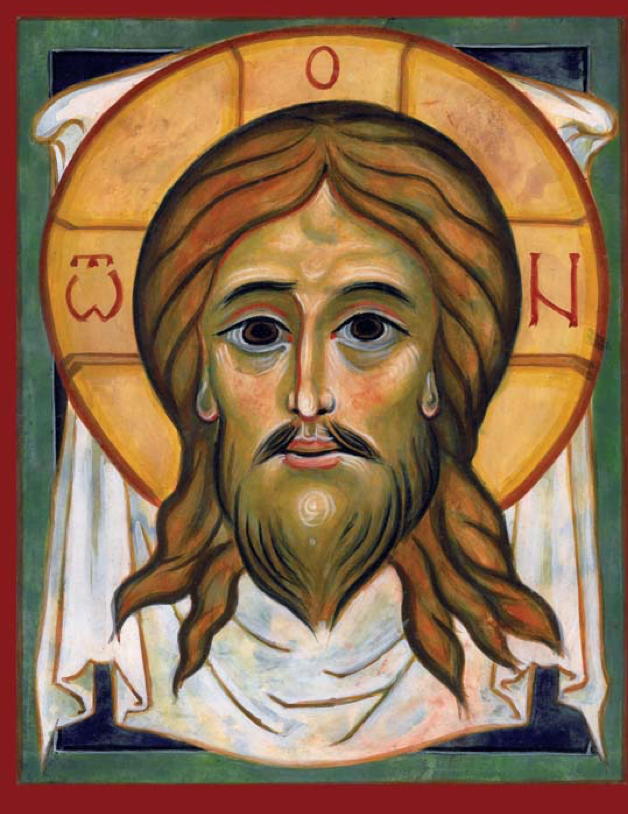PHI 501 A Survey of Philosophy of the Good, the True, and the Beautiful (3 credits; 12.8 CEUs))
Class
A Survey of Philosophy of the Good, The True, and The Beautiful
Part I - The Ancients
.

.
MORE INFORMATION BELOW
.
Presented to those in the creative disciplines with little prior knowledge of philosophy, this course describes how the good, the true, and the beautiful have been perceived in Western thought from ancient Greece to the present day. The course will look carefully at how the ancients, such as Plato and Artistotle, perceived the good, the true, and the beautiful within the context of a unified and ordered cosmos knowable through the senses. The medievals, such as St. Thomas Aquinas and St. Bonaventure, saw this same sort of cosmological order in the created world around them, but within the context of Christian revelation. The good, the true, and the beautiful remained united, but were more deeply understood through Christian love and sacrifice. Finally, the course will move to those later thinkers, starting with Ockham and Descartes up to the modern and post-modern period, who brought dramatic shifts to the older traditions. Overtime the good, the true, and the beautiful were separated into distinct entities as man's senses were rejected with the mind as the arbiter of truth. Subjective thought -- in the eye of the beholder --became the measure of what is consider good, true, and beautiful.
If you are looking to enroll in the Masters degree in Sacred Arts please complete the application and we will contact you shortly.
If you are interested in auditing this course please email the teaching assistant, Elizabeth Froula, efroula@pontifex.university.
System Requirements:
This course is offered asynchronously on our LMS, NEO. To access the course and complete it successfully, you will need an internet capable device with sound and a current internet browser: either the current or the previous release of Chrome, Firefox and Safari, or Internet Explorer 11+ (for Windows 8 and previous versions), and Microsoft Edge (for Windows 10+) to run the LMS. In addition, courses require the use of, a PDF viewer, word-processing software compatible with Microsoft Office suite and a current email address. For help with the NEO platform see the Help Center in the LMS, found by clicking on the “?” in the upper right hand corner after you have logged in. For log in questions, registration questions, or problems with missing content or content malfunctions, contact the teaching assistant, Elizabeth Froula at efroula@pontifex.university.
Here is the class outline:
1. General Information about PhilosophyLesson 1 |
2. Greek Understanding of the WorldLesson 2 |
3. Socrates (Died 399BC)Lesson 3 |
4. Plato (Died 384BC)Lesson 4 |
5. PlatoLesson 5 |
6. PlatoLesson 6 |
7. Aristotle (384-322BC)Lesson 7 |
8. AristotleLesson 8 |
9. AristotleLecture 9 |
10. Dawn of Christian EraLecture 10 |
11. Augustine (354-430AD)Lesson 11 |
12. AugustineLesson 12 |
13. Boethius (480-524AD)Lesson 13 |
14. Pseudo-Dionysius (?)Lesson 14 |
15. Summary, concluding remarks on the AncientsLesson 15 |
16. IntroductionLesson 16 |
17. St. Anselm of Canterbury (1033-1109)Lesson 17 |
18. The Islamic InfluenceLesson 18 |
19. Hildegard of Bingen (1098-1179)Lesson 19 |
20. St. Bernard of Clairvaux's (1090-1153), Robert Grosseteste (1170-1253)Lesson 20 |
21. St. Bonaventure (1221 – 1274)Lesson 21 |
22. St. BonaventureLesson 22 |
23. St. Albert the Great (c. 1200-1280)Lesson 23 |
24. St. Thomas Aquinas (1225-1274)Lesson 24 |
25. St. Thomas AquinasLesson 25 |
26. St. Thomas AquinasLesson 26 |
27. Bl. Duns Scotus (1265/66-1308)Lesson 27 |
28. William of Ockham (1285-1347)Lesson 28 |
29. Beyond ScholasticismLesson 29 |
30. Concluding ThoughtsLesson 30 |
31. IntroductionLesson 31 |
32. Rene Descartes (1596-1650)Lesson 32 |
33. Thomas Hobbes (1588-1679)Lesson 33 |
34. John Locke and Isaac NewtonLesson 34 |
35. Hume (1711-1776)Lesson 35 |
36. Rousseau (1712-1778)Lesson 36 |
37. Immanuel Kant (1724-1804)Lesson 37 |
38. Georg Wilhelm Friedrich Hegel (1770-1831) & Arthur Schopenhauer (1788-1680)Lesson 38 |
39. RomanticismLesson 39 |
40. John Stuart Mill (1806--1873) & UtilitarianismLesson 40 |
41. Marx, Nietzsche, and RussellLesson 41 |
42. PhenomenologyLesson 42 |
43. Neo-Thomism, Part ILesson 43 |
44. Neo-Thomism Part IILecture 44 |
45. Faith and ReasonLesson 45 |




